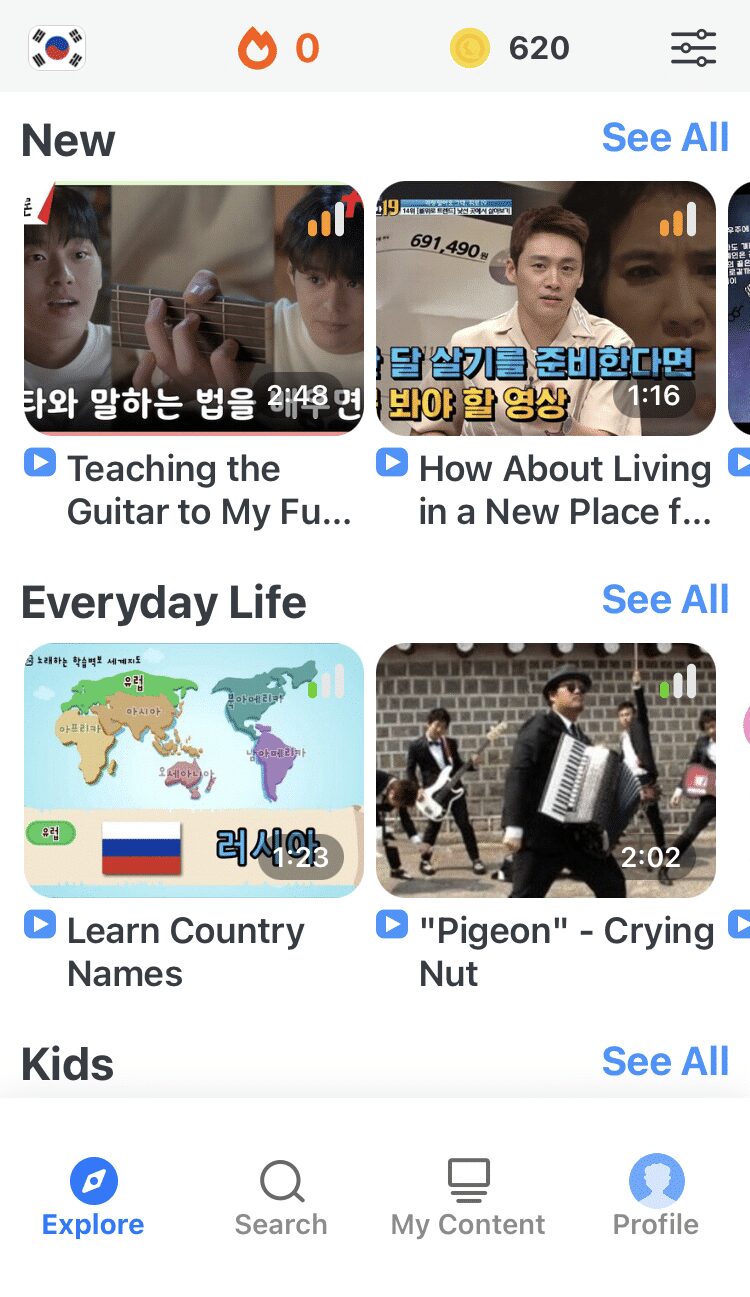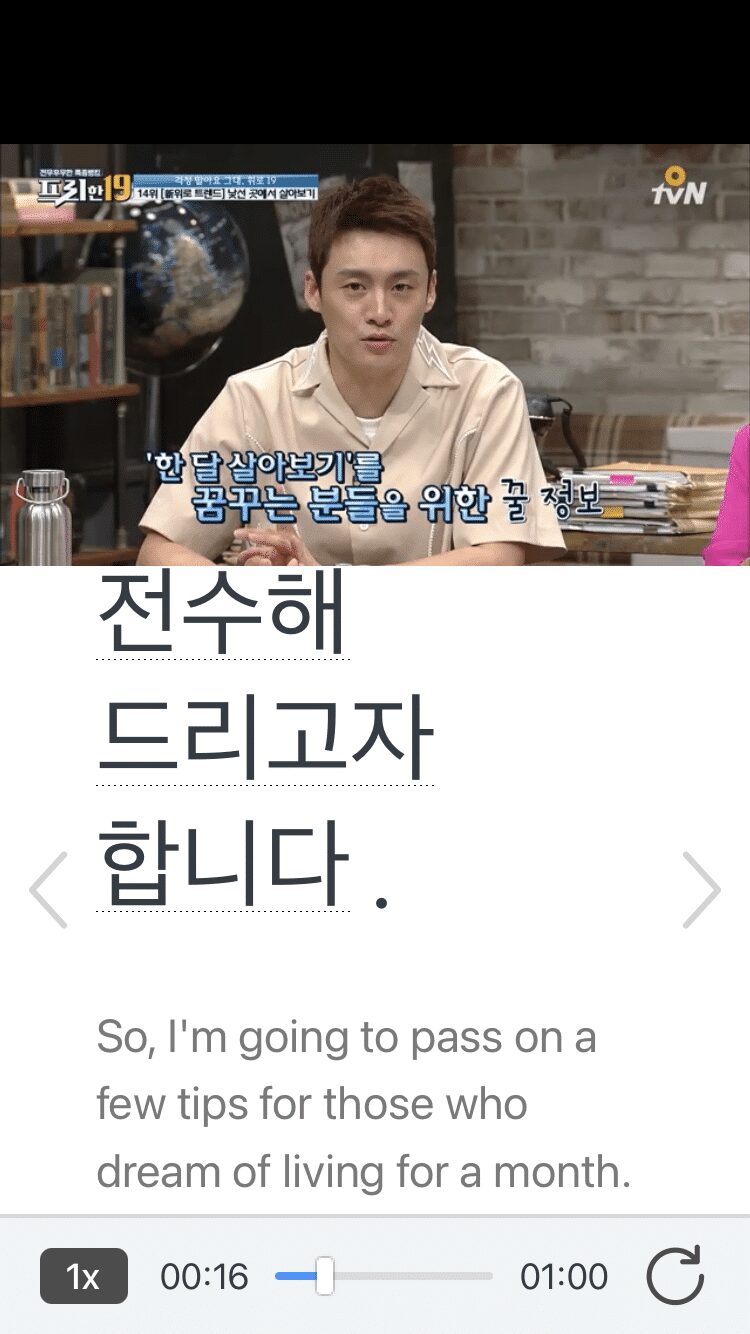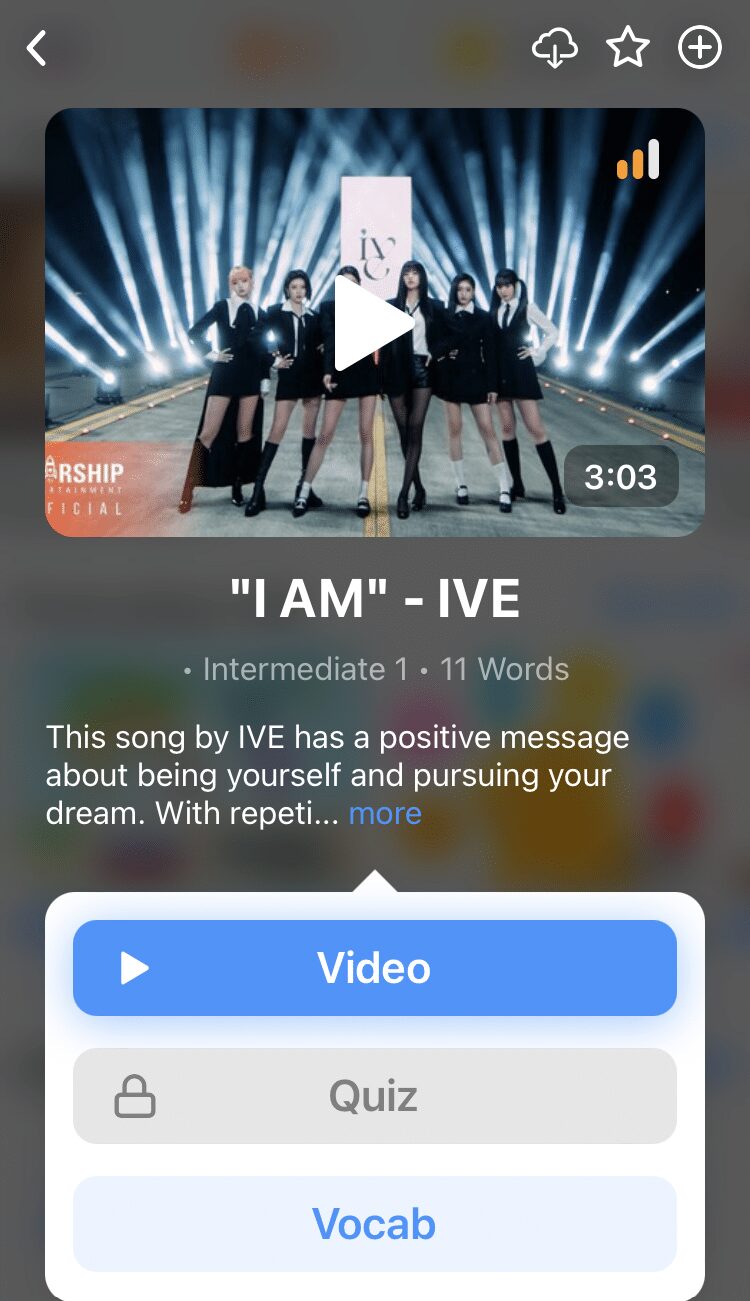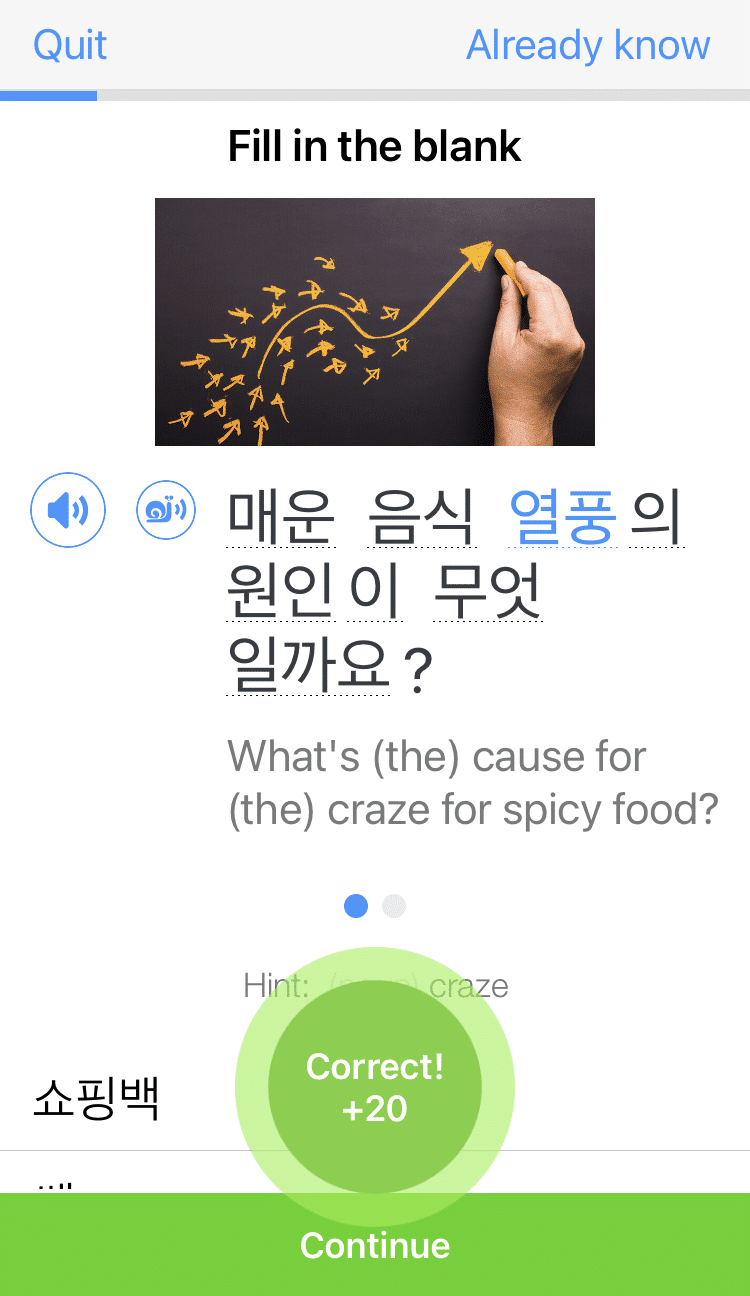10 Ways to Say “I Miss You” in Korean

It may not take long to say, but the impact of a simple “I miss you” can pack a punch few other expressions do.
Let’s go over the proper ways you can say “I miss you” in Korean, plus how you can respond to such a heartfelt statement from someone else.
Download: This blog post is available as a convenient and portable PDF that you can take anywhere. Click here to get a copy. (Download)
How to Say “I Miss You” in Korean
보고 싶어 / 보고 싶다 (Informal)
Romanization: Bogo sip-eo / Bogo sipda
보고 싶어 and 보고 싶다 are both casual expressions. Translated literally, they mean “I want to see you.”
The difference between them is nuanced. The 싶어 form (which is conjugated) implies a more direct comment, while the 싶다 form (which is “dictionary form”) suggests one may be talking more to themselves.
Both work, however, and you can use either for your good pals, significant others or those who are the same age as you or younger. They’re a bit too informal to use for anyone you’re not very close to, though.
동생! 보고 싶다. — Little bro/sis! I miss you.
안녕, 자기야! 잘 지내고 있어? 많이 보고 싶어. — Hi, darling! Have you been doing well? I really miss you.
보고 싶어요 (Polite)
Romanization: Bogo sip-eoyo
In Korean, formality levels can dictate verb conjugations. The presence of 요 in a phrase generally means you’re speaking with a certain level of politeness.
보고 싶어요 can be used with less-familiar friends and acquaintances, or those who are older than you and deserve honorific language (like older family members) regardless of how chummy you are with them.
It can also be the phrase to use when saying you miss a person (whether close to you or not) to someone whom you don’t share a deep bond with. For example, if I were mourning about how much I missed my dog to a stranger I had just met, I would use 보고 싶어요.
남자 친구가 보고 싶어요. — I miss my boyfriend.
보고 싶습니다 (Formal)
Romanization: Bogo sipseumnida
Compared to 요, the presence of 습니다 means that you’re being even more formal and respectful. For this reason, 보고 싶습니다 is best suited for those who are your elders (such as your grandparents), your boss or your workplace superiors.
To be honest, though, it’s not often that this phrase would be used with people outside of family. Personally, I find that the formality somewhat stilts the emotiveness. (After all, it’s not everyday one says they miss someone like their manager.)
저는 우리 할머니가 너무 보고 싶습니다. — I really miss my grandma.
More Ways to Say You Miss Someone in Korean
Besides those main phrases, there are quite a few other ways you can say that you’re longing for someone’s company.
보고파 / 보고팡 — I wanna see
Romanization: Bogopa / Bogopang
Formality: Very informal
To fully understand this phrase, you should understanding a type of behavior known as 애교 .
애교 is meant to be very cutesy and borderline baby-ish. It can often come off as flirtatious. It is commonly utilized by more youthful Korean idols to appeal to their fans, but it’s also used between couples or among friends in a joking manner.
This type of behavior is notably expressed in speech, usually by cutting or mashing together words. 보고파 and 보고팡 are manipulations of the more proper 보고 싶어 from above.
보고 싶당 — I wanna see you
Romanization: Bogo sipdang
Formality: Very informal
This is another example of 애교 talk. Derived from 보고 싶다, the 다 experiences a similar unnecessary manipulation to become the more fluffy 당.
To emphasize the cuteness, you can drag out the 당 (in text, this would look like 보고 싶당~~~).
Don’t push it when speaking though, because 애교 talk can quickly become grating to the ears when used in excess.
네가 여기에 있었으면 좋겠어 — I wish you were here
Romanization: Nega yeogie iss-eoss-eumyeon jokess-eo
Formality: Informal
Maybe you want your good friend around to help you with your housework. Or maybe you just want them near because you miss their infectious laugh and dumb jokes.
Whatever the case, you can be blunt about it and express your thoughts with this phrase—I’m sure they’ll appreciate it either way.
당신과 함께 있었으면 좋겠어요 — I wish I was together with you
Romanization: Dangsingwa hamkke iss-eoss-eumyeon jokess-eoyo
Formality: Polite
Imagine this hackneyed K-drama plot: Two lovers who just started a tentative relationship are separated by land and sea due to a variety of unimportant reasons. They know how distant they are from each other.
As they look up to the sky and stare at the omnipresent celestial bodies, the bittersweet feelings become even more fervent. Together (but oceans apart), they sigh, “함께 있었으면 좋겠어요…”
Yes, it’s corny, but come on—how many sweeter ways are there to say you really want to be by someone’s side? This “I miss you” is as tender as it gets.
나는 너를 생각하고 있어 — I’m thinking of you
Romanization: Naneun neoreul saeng-gakago iss-eo
Formality: Casual
With this phrase, you’ll let someone know that even though they’re not physically present, they’re still on your mind.
This can also suggest you’re worrying for the person, so it works in situations in which you’re concerned or wishing the best for them. For this reason, you may use it often with less familiar acquaintances, so you can slip in the 요 at the end.
언제 다시 볼 수 있을까요? — When can I see you again?
Romanization: Eonje dasi bol su iss-eulkkayo?
Formality: Polite
Here’s an “I miss you” in Korean that will effortlessly tug at the heartstrings. This simple yet plaintive question sends the message—politely, but strongly—that you’re yearning for the person’s company.
It begs for an answer too, so make sure the person you’re speaking to can handle the heartache and not be left floundering for a response.
그리워 — Miss you
Romanization: Geuriwo
Formality: Casual
Feeling extra nostalgic? Then this may be the right phrase for you.
Compared to number one (보고 싶어) and its variants, this phrase has a deeper, more nostalgic note. You’re missing someone dearly and at the same time reminiscing about the memories you’ve shared with them. Sometimes, this can insinuate that seeing this individual may be a bit out of your means.
You may also say 그립습니다 if you want to be more formal.
Responding to “I Miss You” in Korean
It can take a lot for someone to admit that they miss you, so don’t leave them hanging after they share something so genuine! Come prepared with a sincere, relieving response that shows you share the feeling.
Here are a few ways you can respond to “I miss you” in Korean and help keep the other person’s spirits up:
- 네가 여기 있었으면 좋겠어. — I wish you were here.
- 우리가 함께 있었면 좋겠어요. — I wish we were together.
- 다시 만나요. — I will see you again.
- 정말 보고 싶어요. — I sincerely miss you.
- 우리 다시 만나게 될 거예요. — We’ll see each other again.
- 다시 만나자. — Let’s meet up again.
- 전화/카카오톡/메시지로 연락하자. — Let’s call/Kakaotalk/message.
- 계속 연락하자. — Let’s stay in touch.
If you want to see how Koreans respond to “I miss you” naturally, then you might try watching some Korean dramas, which are often filled with heartache and longing.
You can also try searching for specific phrases on a language learning program like FluentU to see them in videos featuring native Korean speakers.
FluentU takes authentic videos—like music videos, movie trailers, news and inspiring talks—and turns them into personalized language learning lessons.
You can try FluentU for free for 2 weeks. Check out the website or download the iOS app or Android app.
P.S. Click here to take advantage of our current sale! (Expires at the end of this month.)
It never hurts to let someone know that you care for them, whether you’re just down the block for an hour or you’re years and continents apart.
Don’t be shy about expressing your feelings, either. Koreans can be a rather sentimental lot, so if you don’t say you miss them, they’ll probably do so first. So keep those responses above handy, too!
Download: This blog post is available as a convenient and portable PDF that you can take anywhere. Click here to get a copy. (Download)
And One More Thing...
If you enjoyed this post, you're already halfway to having the time of your life learning Korean with FluentU!
FluentU makes it possible to learn with K-pop videos, funny commercials, entertaining web series and more. Just a quick look will give you an idea of the variety of FluentU videos on offer:

FluentU really takes the grunt work out of learning languages, leaving you with nothing but engaging, effective and efficient learning. It's already hand-picked the best videos for you (which are organized by level and topic), so all you have to do is simply choose any video that strikes your fancy to get started.
Each word in the interactive captions comes with a definition, audio, image, example sentences and more.

Access a complete interactive transcript of every video under the Dialogue tab, and easily review words and phrases from the video under Vocab.

You can use FluentU’s unique Quiz Mode to learn the vocabulary and phrases from the video through fun questions.

FluentU keeps track of what you're learning, and tells you exactly when it's time for review, giving you a 100% personalized experience.
Review sessions use video context to help embed the words in your memory.
Start using the FluentU website on your computer or tablet or, better yet, download the FluentU app from the iTunes or Google Play store. Click here to take advantage of our current sale! (Expires at the end of this month.)








